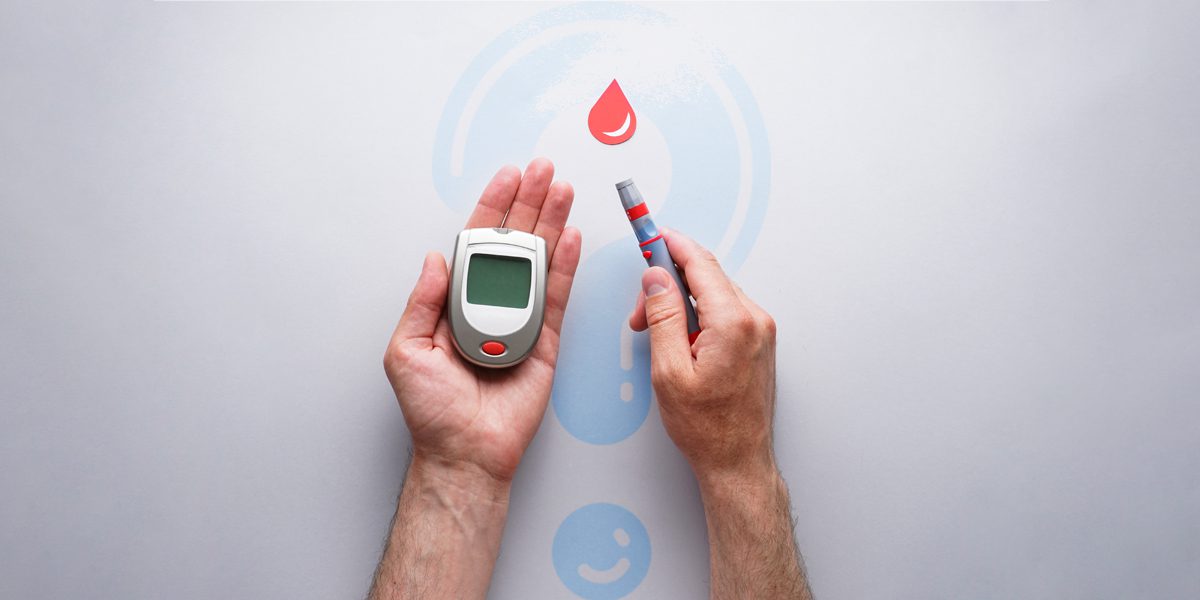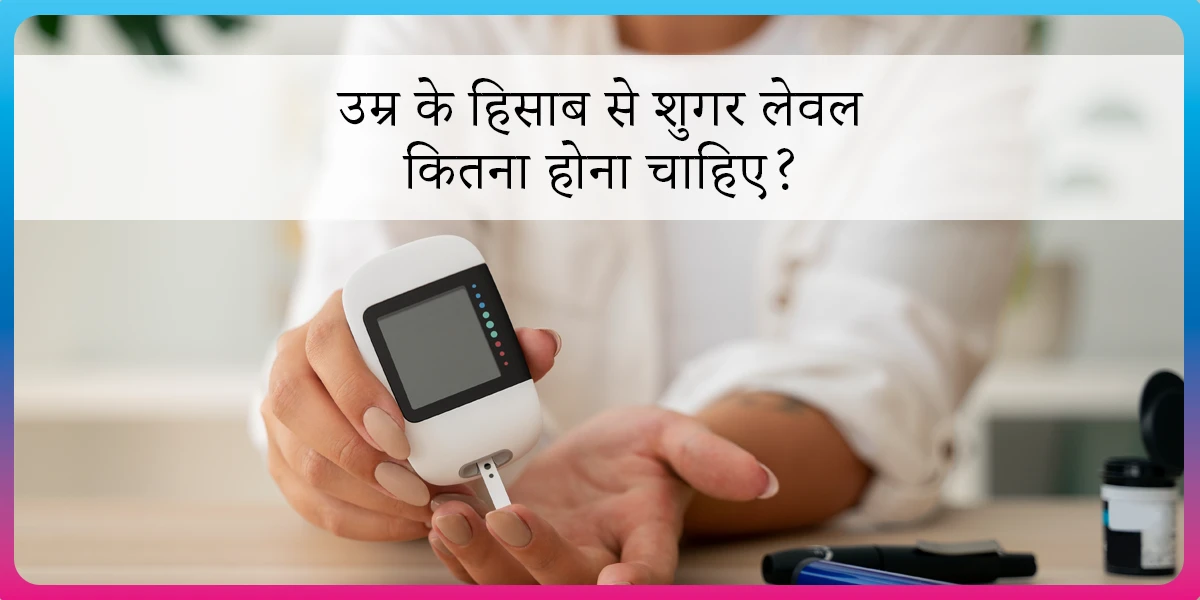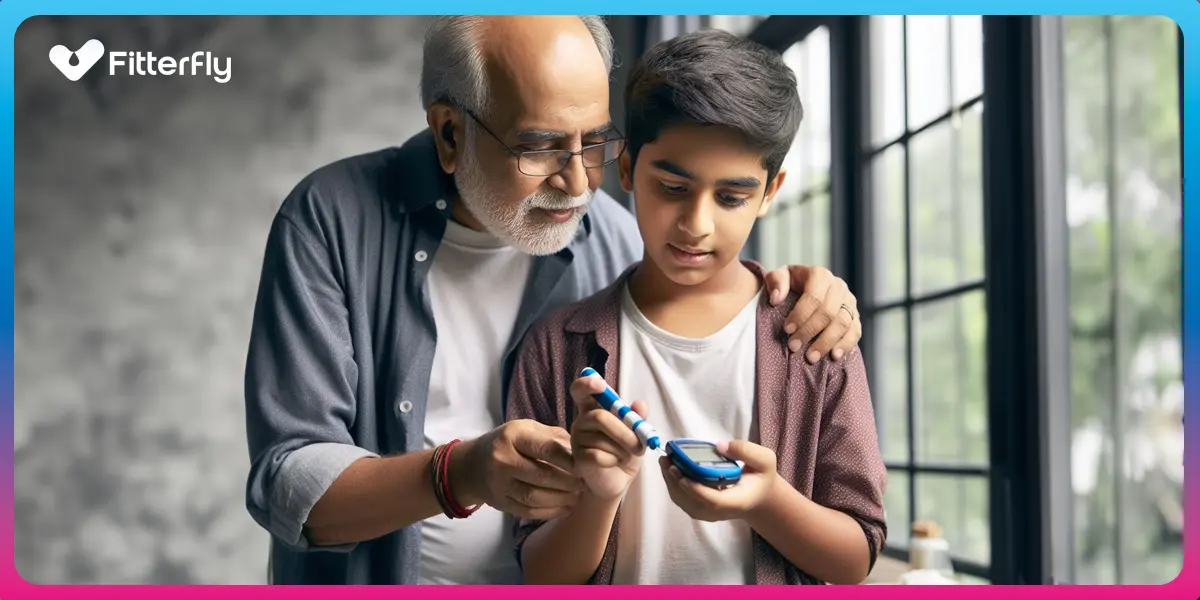Can Diabetes Patients Donate Blood?

Donating blood is a very good gesture that can help many people in urgent medical need. But did you know that there are certain types of health and medical conditions that you need to fulfill before you can donate blood?
In this article, we will take a look at the health and medical criteria that can help you understand whether or not you are eligible to donate blood, talk about how you can prepare yourself before you donate blood, and what precautions you should take once you have donated blood.
Can you donate blood even if you have diabetes?
Below we have the guidelines from the Ministry of Health and Family Welfare’s voluntary blood donation program. According to this people with type 2 diabetes are not eligible to donate blood.
Don’t struggle alone & get the expert care you deserve


Guidelines for blood donation in India
Any healthy adult, both male and female, can donate blood. Men can donate safely once every three months while women can donate every four months. The good health of the donor must be fully ensured. The universally accepted criteria for donor selection are:
| 1 | Age between 18 and 60 years |
|---|---|
| 2 | Haemoglobin – not less than 12.5 g/dL |
| 3 | Pulse – between 50 and 100/minute with no irregularities |
| 4 | Blood Pressure -Systolic 100-180 mm Hg and Diastolic 50 – 100 mm Hg |
| 5 | Temperature – Normal (oral temperature not exceeding 37.50 C) |
| 6 | Body weight – not less than 45 Kg |
| 7 | Health conditions: The donor should be in a healthy state of mind and body. |
They should fulfill the following criteria:
- Past one year – not been treated for Rabies or received Hepatitis B immune globulin.
- Past six months – not had a tattoo, ear or skin piercing, or acupuncture, not received blood or blood products, no serious illness or major surgery, no contact with a person with hepatitis or yellow jaundice.
- Past three months – not donated blood or been treated for Malaria.
- Past one month – had any immunizations.
- Past 48 hours – taken any antibiotics or any other medications (Allopathic or Ayurveda or Sidha or Homeo)
- Past 24 hours – taken alcoholic beverages
- Past 72 hours – had dental work or taken Aspirin
- Present – not suffering from cough, influenza or sore throat, or the common cold
- Women should not be pregnant or breastfeeding their child
- Women donors should not donate during their menstrual cycles
- Free from Diabetes, not suffering from chest pain, heart disease or high BP, cancer, blood clotting problem or blood disease, unexplained fever, weight loss, fatigue, night sweats, enlarged lymph nodes in armpits, neck or groin, white patches in the mouth, etc.
- Ever had TB, HIV, Hepatitis C, Hepatitis B, syphilis, bronchial asthma or allergic disorder, liver disease, kidney disease, fits or fainting, blue or purple spots on the skin or mucous membranes, received human pituitary-growth hormones, etc.
To find out the eligibility of the blood donors and to rule out any contraindication for blood donation all the donors will be elaborately interrogated for the history and the incidence of the specific ailments by a planned questionnaire. Only after satisfactorily fulfilling the laid down basic criteria, the blood donors will be selected.
Don’t struggle alone & get the expert care you deserve


How to Prepare for Blood Donation?
On the day that you are going to donate blood, here are a few things you can do to take care of your own health and well-being:
- Have at least a liter extra of water on the day that you will donate blood. For instance, if you usually drink 3 to 4 liters of water, have another liter of water for that day.
- Eat a healthy meal before you head out to donate blood. Include foods that are rich in iron and avoid eating anything that has too much fat or is high in oil content.
- Relax by doing something that makes you feel calm, such as listening to music or reading or even writing down your thoughts in a small diary.
- Wear comfortable and loose clothes and preferably comfortable shoes that you can easily get out and get into.
- Wear a dress or shirt that has shorter sleeves, so that it will be easy to roll up when the nurse places the needle has to be placed.
- Tell the nurse which arm you would prefer for the needle to be placed in. If you are a right-handed person, you may prefer that the needle is placed in the left arm, and if you are a left-handed person, you may prefer that the needle is placed in the right arm.
- If you have had to use a needle in your arm vein before, you may mention the same to the nurse so that it is easier to locate the vein.
Who cannot donate blood?
There are certain criteria under which you may not be allowed to donate blood. Here are some of the most common factors that could prevent you from donating blood:
- If you are a hepatitis B or a hepatitis C carrier
- If you have or have had any type of cancer
- If you have had an organ transplant
- If you are undergoing any treatment for a particular type of medical condition or are under any diagnostic procedure, such as for diabetes or for a heart condition
- If you have very recently had a tattoo or piercing done
- If you have recently had any infection or have any infection
- If you are feeling ill or unwell
- If you have to inject non-prescribed drugs of any type
- If you are currently pregnant, or if you have had a baby in the last 6 months
- If you have ever tested positive for AIDS, Acquired Immunodeficiency Syndrome
- If you have high blood pressure or hypertension
- If you have anemia
- If you have recently had any form of major surgery
- If you have had to get blood transfusions in the past months
How to take care of after blood donation?
Once you have donated blood, here are a few things you can do to take care of your own health and well-being:
- Relax for some time and have a healthy snack, such as boiled eggs, fresh fruits, or a bowl of salad with lots of greens and colorful fresh vegetables.
- Drink about 4 to 5 extra glasses of water or some unsweetened healthy beverages.
- After the blood donation, the nurse will most likely put a small strip bandage on the area where the needle was placed. Keep the strip bandage on for the next few hours. This will help to keep the area clean and will help to prevent any form of infection or any skin rash.
- Once you take out the strip bandage after a few hours, use soap and water to clean the area around the spot where the needle was placed.
- In case you notice any red spots or spot bleeding from the sight where the needle was placed, carefully apply some pressure on the spot and keep your arm raised for at least 5 to 10 minutes, or till the bleeding stops completely.
- Do not lift anything heavy and do not take part in any heavy exercise for that particular day.
- In case you feel dizzy or feel lightheaded, stop whatever you are doing and lie down or carefully sit down till you feel better and comfortable. In such a situation, avoid doing any activity for the next 24 hours as in case you suddenly feel dizzy again, you could fall down and get yourself injured, and in serious cases, it could also lead to fainting. S
- Eat foods that are rich in iron, such as carrots or gajar, spinach or palak, beetroot or beet, dry fruits, chicken breast, chholey or chickpeas, apples, anaar or pomegranate, soybean, watermelon or tarbooz, phoolgobhi or cauliflower, chicken liver, brown or red rice and so on.
Before you donate blood, it is always a good idea to first get a complete health and medical check-up done by your doctor and get the go-ahead that you can safely donate blood. Remember that while it is a great deed and a great way to help someone in need by donating blood, it is also equally important that you take care of your own health.
This blog provides general information for educational and informational purposes only and shouldn't be seen as professional advice.
Don’t struggle alone & get the expert care you deserve






















